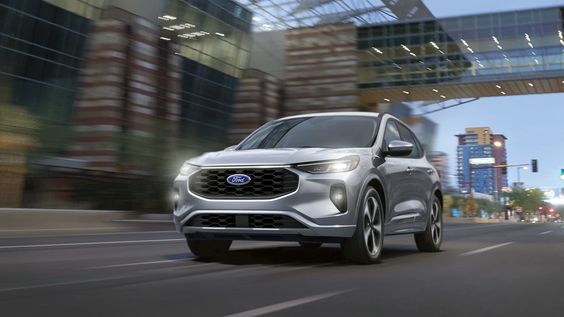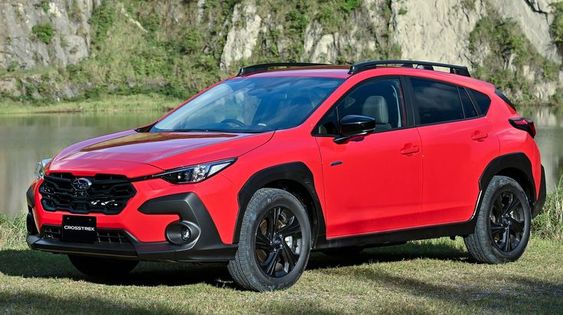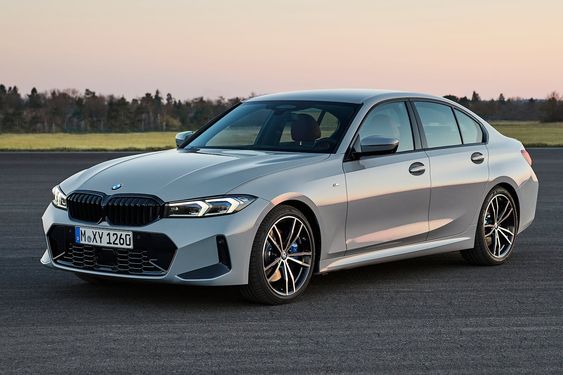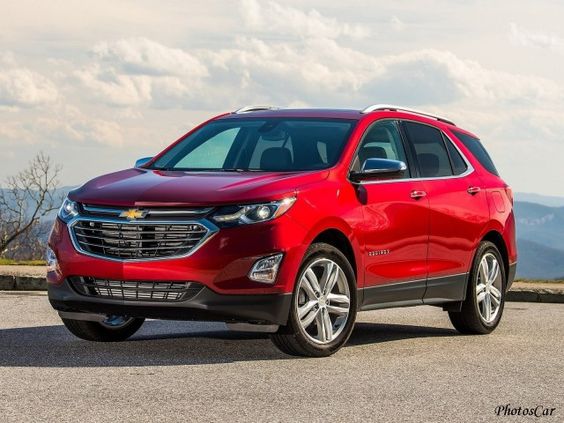Introduction:
The Ford Escape has been a popular choice for drivers seeking a versatile and fuel-efficient SUV for years. With its sleek design, spacious interior, and advanced technology features, the Escape has consistently ranked high in its segment. But how does it fare in terms of fuel economy? In this review, we'll delve into the fuel efficiency of the Ford Escape, exploring its different engine options, driving range, and factors that can impact its gas mileage.

Whether you're a daily commuter looking to save on fuel costs or an adventurous driver planning road trips, understanding the Escape's fuel efficiency is crucial. We'll provide insights into its real-world performance and compare it to its competitors, helping you make an informed decision about whether the Ford Escape is the right SUV for your needs.
Engine Options and Fuel Efficiency:
The Ford Escape offers a range of engine options, each with its own fuel efficiency rating. The base engine is a 1.5-liter turbocharged three-cylinder that delivers a respectable fuel economy of 28 mpg city, 34 mpg highway, and 31 mpg combined. For those seeking more power, the 2.0-liter turbocharged four-cylinder engine provides a thrilling driving experience while still maintaining decent fuel efficiency at 26 mpg city, 31 mpg highway, and 28 mpg combined.
The Escape also offers a hybrid powertrain option, which combines a 2.5-liter four-cylinder engine with an electric motor. This hybrid system significantly improves fuel economy, achieving an impressive 44 mpg city, 37 mpg highway, and 40 mpg combined.
Factors Affecting Fuel Efficiency:
While the EPA estimates provide a good baseline for fuel efficiency, several factors can influence the actual gas mileage you achieve. Driving habits play a significant role, with aggressive acceleration and frequent braking reducing fuel economy. Traffic conditions, road type, and weather can also impact fuel consumption.
Additionally, the Escape's weight and tire size can affect its fuel efficiency. Opting for larger wheels and tires can increase rolling resistance, leading to lower gas mileage.
Real-World Fuel Efficiency:
Many drivers report achieving fuel economy close to the EPA estimates in real-world driving conditions. However, it's important to note that individual experiences may vary depending on the factors mentioned above.
Conclusion:
The Ford Escape offers a compelling combination of fuel efficiency and performance. Its various engine options cater to different driving needs, with the hybrid powertrain providing exceptional fuel economy. While factors like driving habits and environmental conditions can impact gas mileage, the Escape generally delivers on its fuel efficiency promises. If you're looking for a fuel-efficient SUV that doesn't compromise on style, comfort, or performance, the Ford Escape is definitely worth considering.





